Raw Materials Map
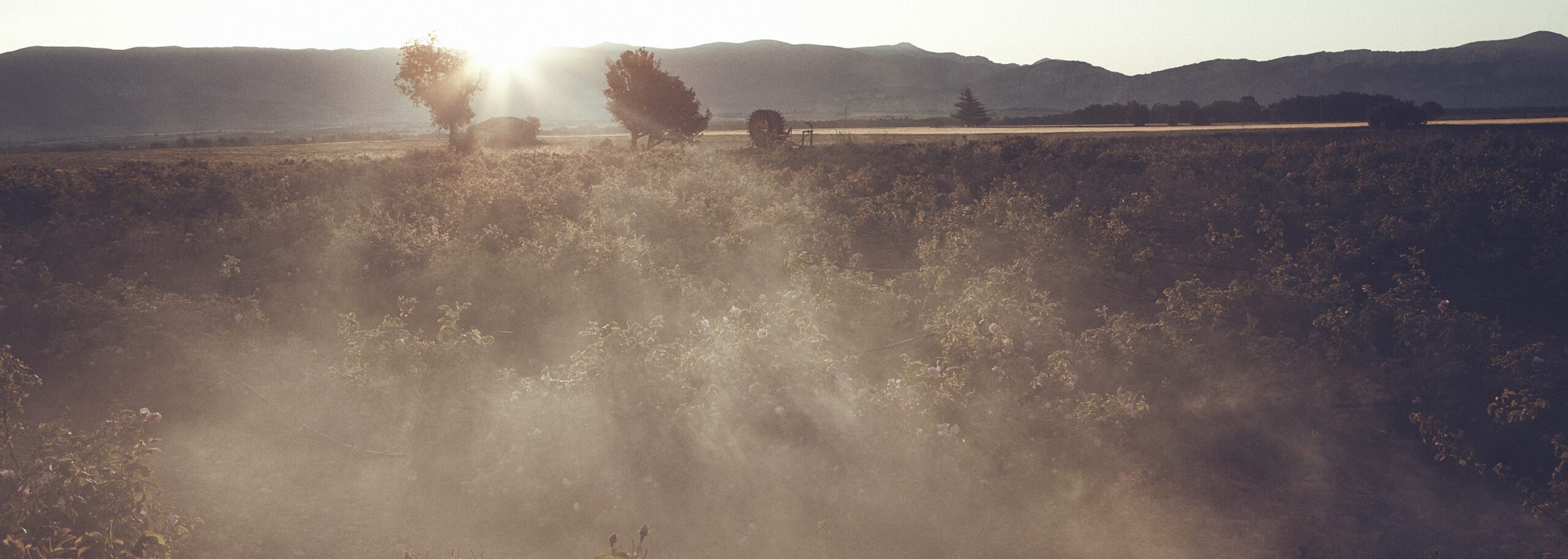


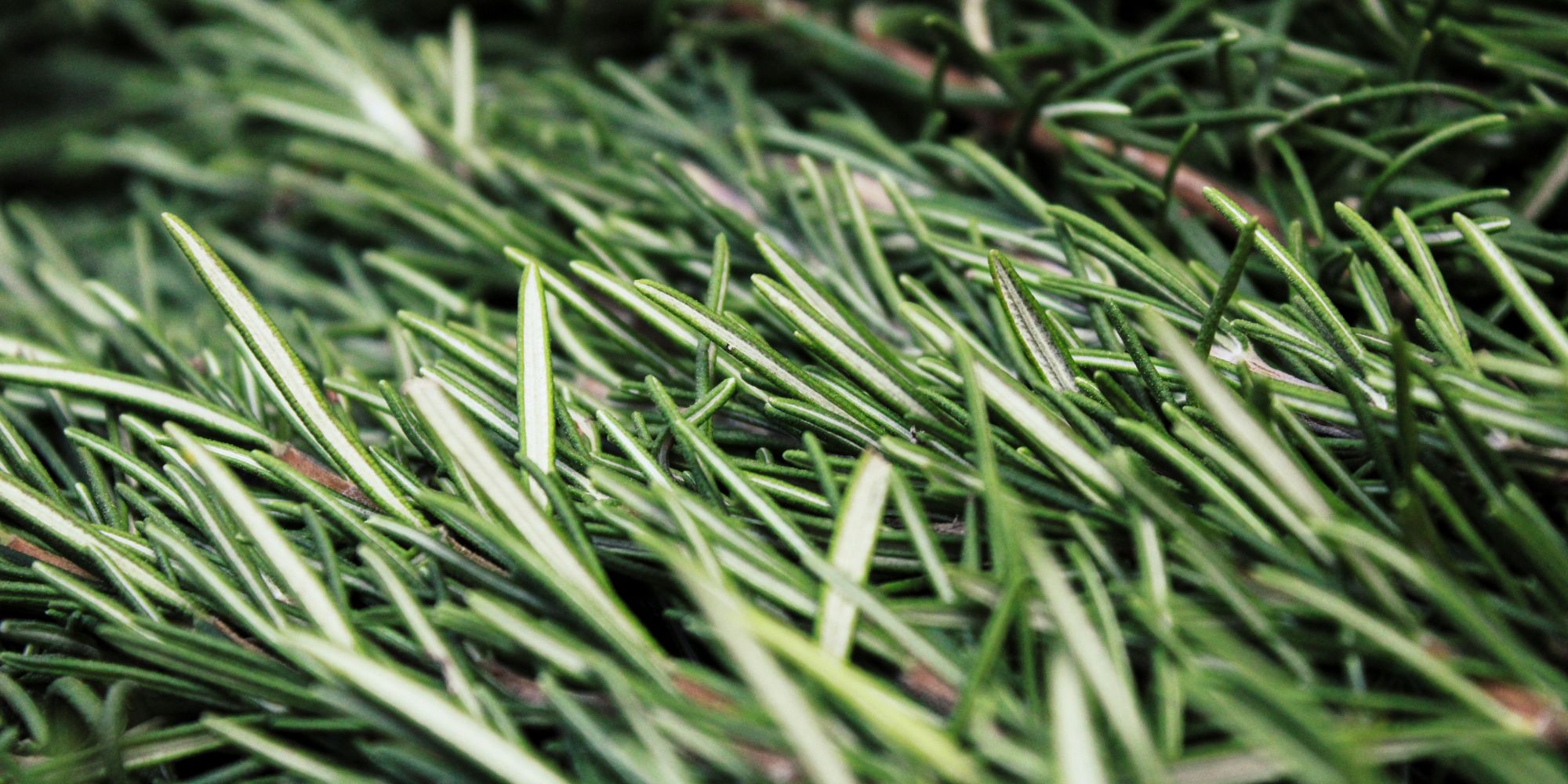
VERBENA, CHAMOMILE, IMMORTELLE, ROSE, ROSEMARY, THYME, OREGANO, CLARY SAGE
2016 : Acquisition of the Finca Carasquilla farm in Spain.
With this purchase, Robertet aims to carry out an agricultural project that is as environmentally friendly as possible:
Societal actions:
Environmental actions:
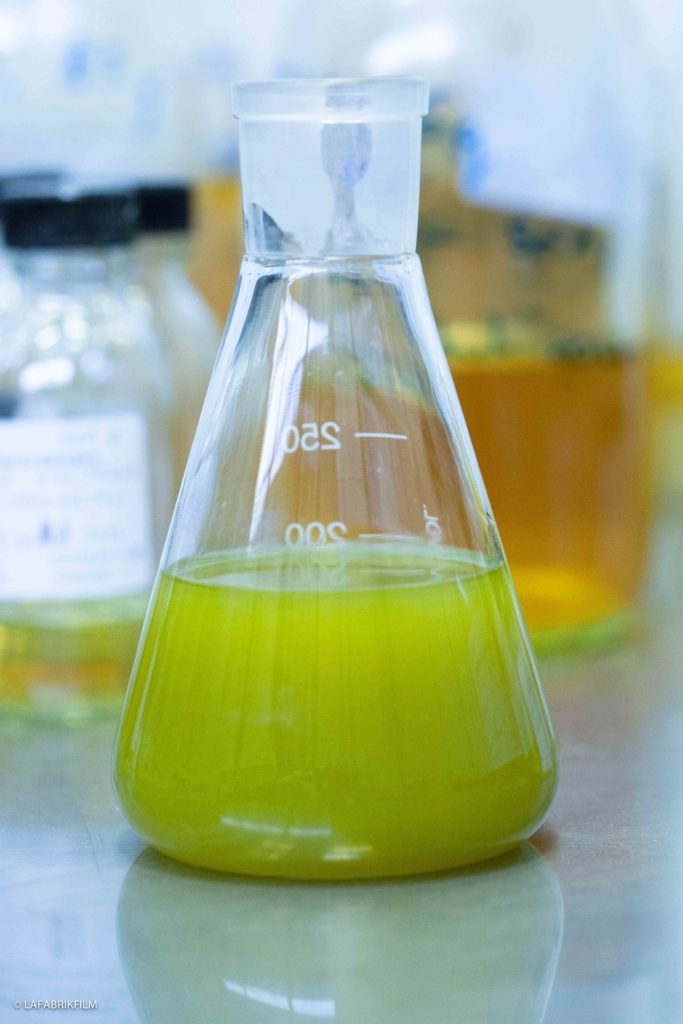
Established 2014 – Employees: 20
Robertet and Codif have acquired HITEX in equal shares. This company specializes in the supercritical CO2 extraction of ingredients for fragrances, flavors and active ingredients for the cosmetics industry.
Products
Coffee, Vanilla, Ginger, Pepper, Floral, and many other projects in development.
Sustainable development actions:
– Selective biological extraction at low temperature, without oxygen.
– A “green” extraction process and clean technology, enabling us to develop new products without generating effluents.
– Substitution of biological solvents.
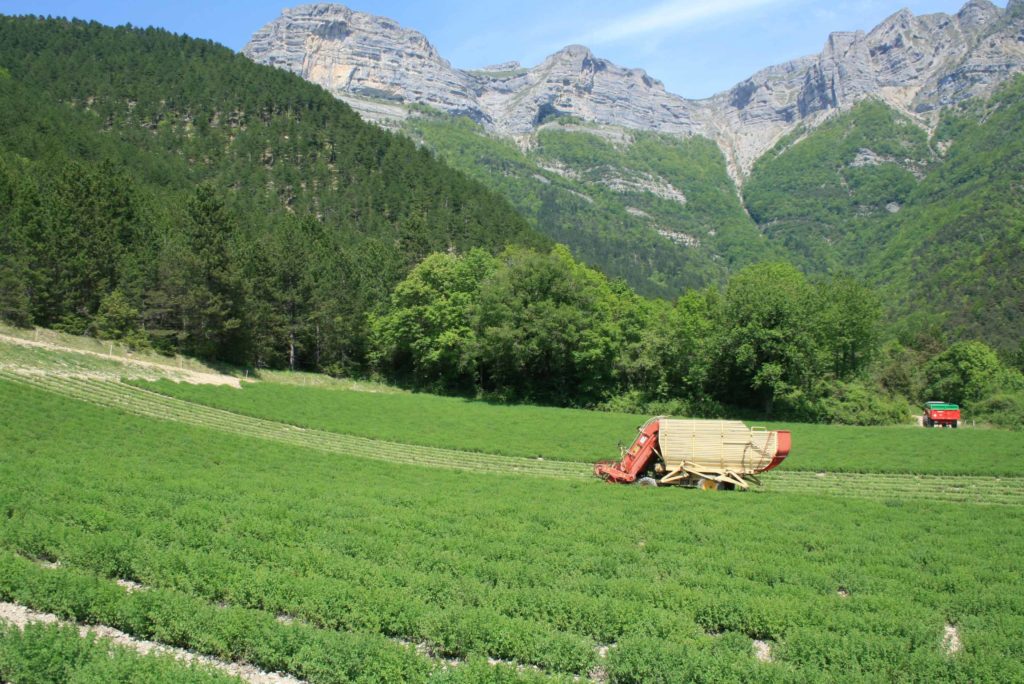
Established 1998 – Employees: 20
In December 2007, Robertet became a majority shareholder in Plantes Aromatiques du DIOIS (SAPAD), a company which processes and sells organic raw materials. SAPAD is the exclusive reseller of the “Coopérative des Plantes Aromatiques et médicinales du Diois”.
Products
Over 30 different aromatic plants(Lavender, Melissa, Rosemary, Mint …) are grown for the pharmaceutical, food, cosmetics and perfume industries.
Sustainable development actions:
Located on the edge of the Alps and Provence, in a region renowned for its involvement in organic farming, the farmers working together in this cooperative have been implementing sustainable development practices for the past 20 years. Through organic farming, they have contributed to the economic revival of the Diois valley (Provence) and are now considered specialists in the production and processing of aromatic and medicinal plants.
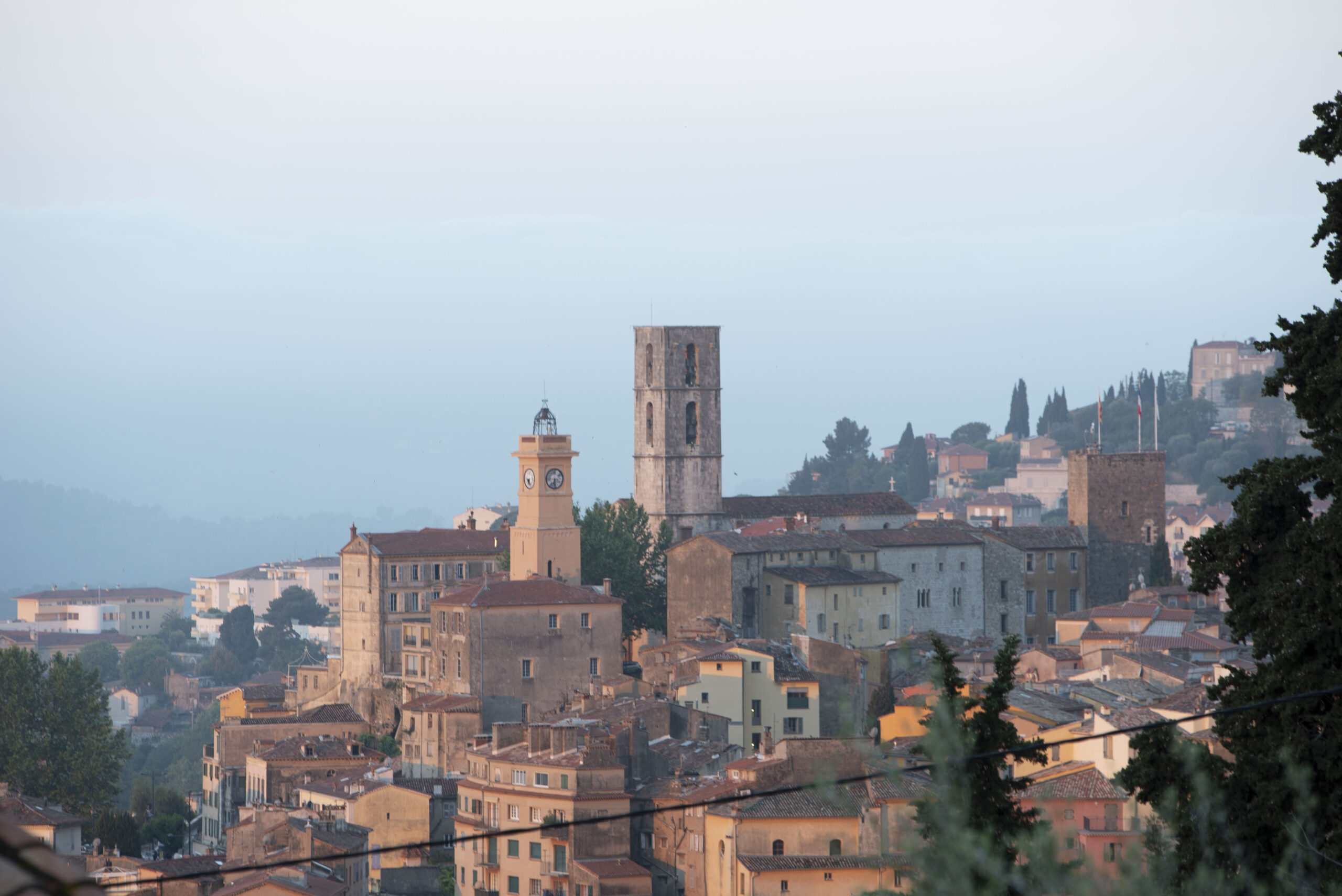
Head office, Group’s main processing plant, R&D center for PM.
Established in 1850 (Robertet) and 1799 (Charabot) – Employees: 900
Products
Processing of local floral products: Rose Centifolia, Jasmine Grandiflorum, Violet Leaves, Mimosa, Lavender, Lavandin
Processing of dry MP sourced from around the world: Moss, Maté, Ciste, Labdanum, Cacao…
Processing of natural molecules: over 50 natural molecules
Sustainable development actions:
– Ensure the Group’s sustainability through its activities and maintain commercial interests.
– Develop and launch new products in line with our principles.
– Preserve our resources (water, energy, raw materials).
– Reduce waste (garbage, packaging, consumables).
– Improve local quality of life.
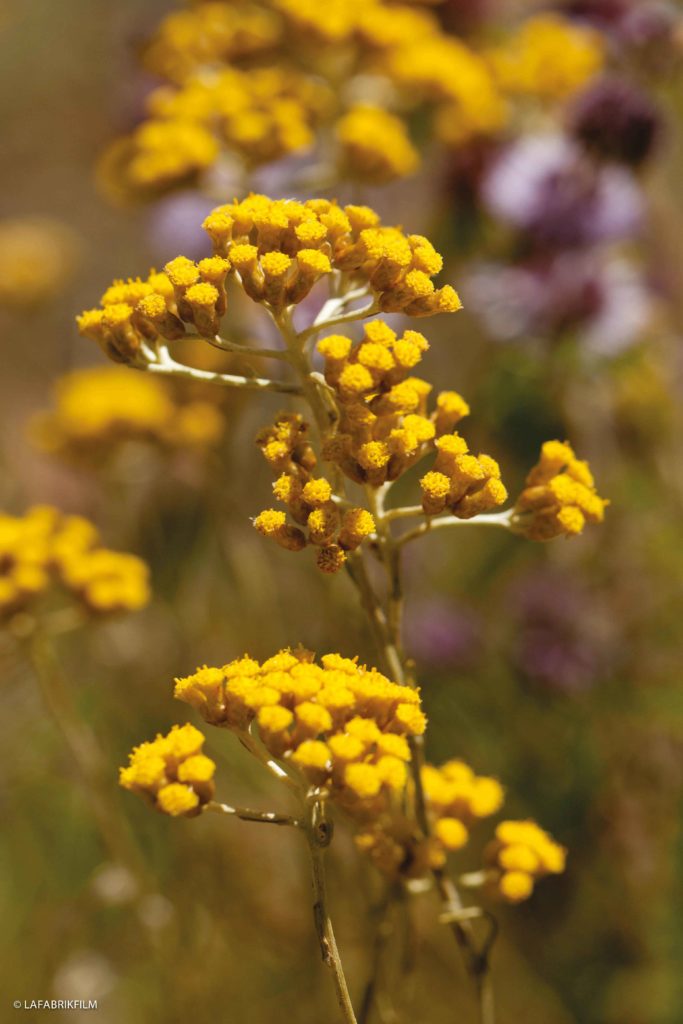
Partenariat établi en 2012.
Produits : Immortelle
Actions sociales
– Financement de plantations
Actions environnementales:
– Processus d’extraction certifié BIO.
– Co-développement d’huiles essentielles méditerranéennes.
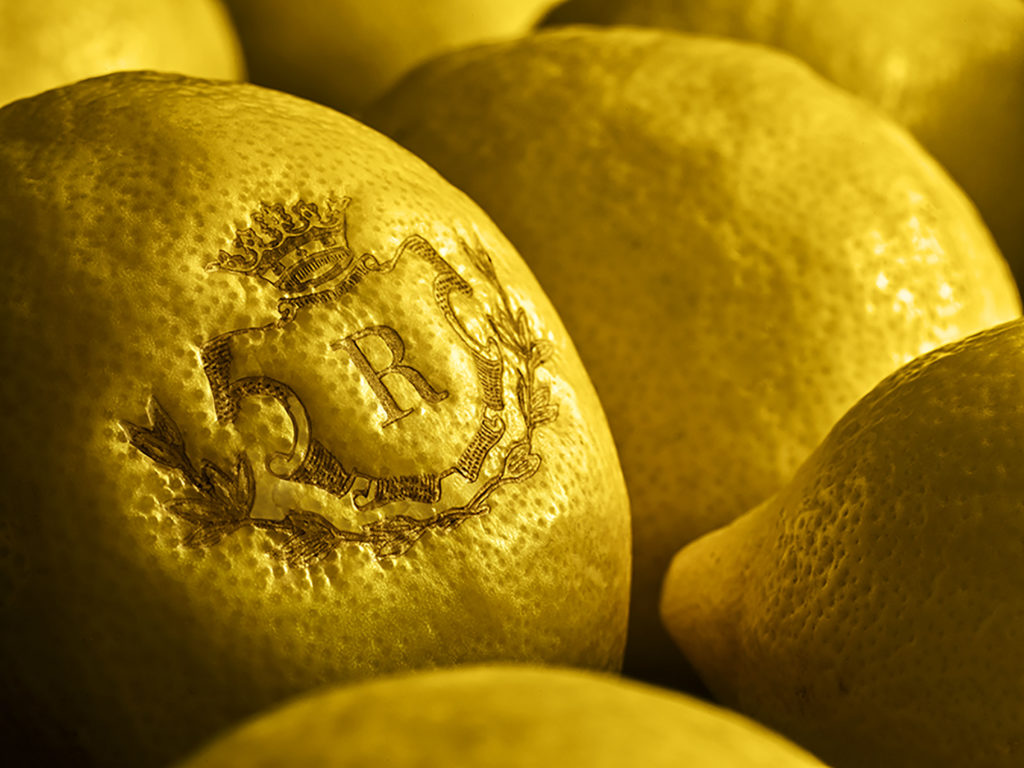
Lemon, Bergamot Mandarin
Historic partnership since 1990.
Social actions:
Environmental actions :
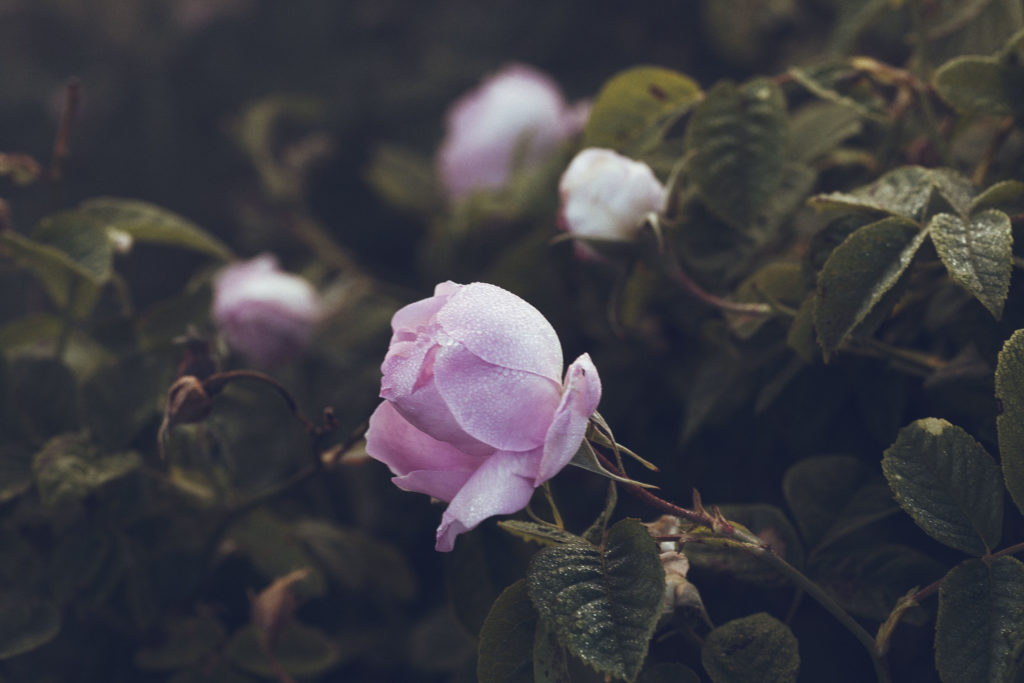
Established 2013 – Employees: 30
Products
Rose absolute, rose essential oil, lavender essential oil, juniper berry essential oil, Tobacco, Iris … and ongoing development of other products and extraction methods.
Sustainable development actions:
Creation of a solid relationship with local farmers.
-Pre-financing for rose cultivation and replanting.
Pre-financing of drip irrigation equipment.
-Raising awareness of the dangers of pesticide use.
-Infrastructure development.
-Training in flower harvesting.
-Recycling and composting of residues.
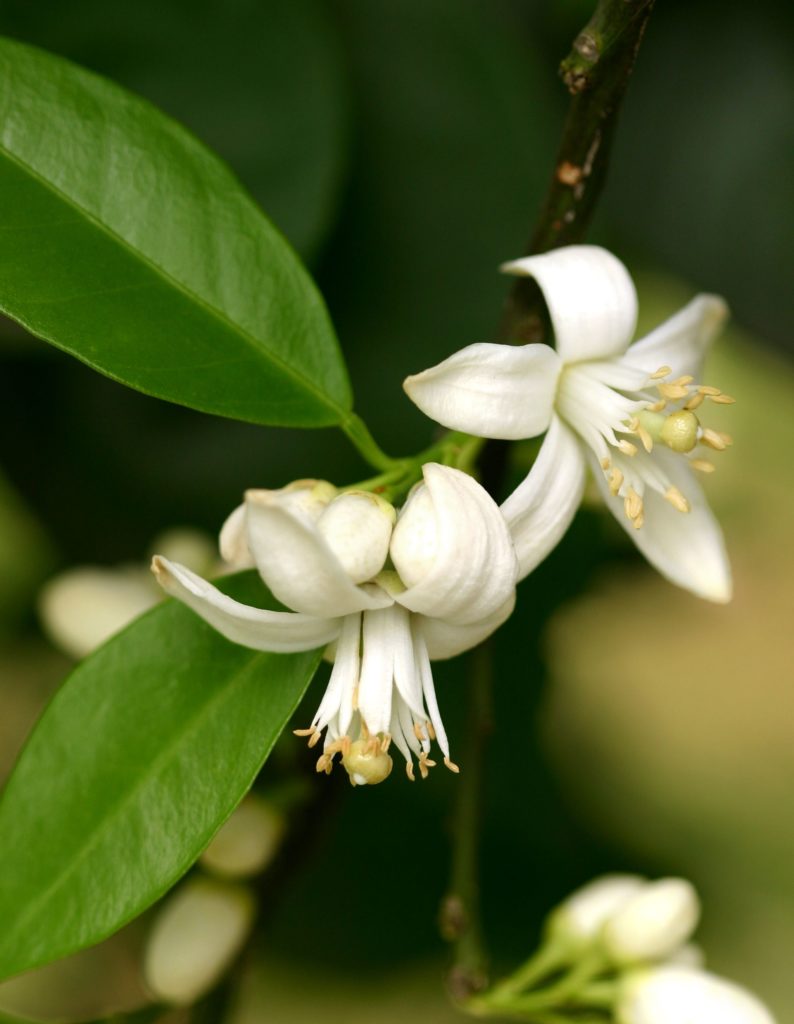
Partenariat établi en 2010
Partnership established in 2010
Products
Orange blossom, Rose, Iris
Social actions:
Social actions:
Environmental actions :
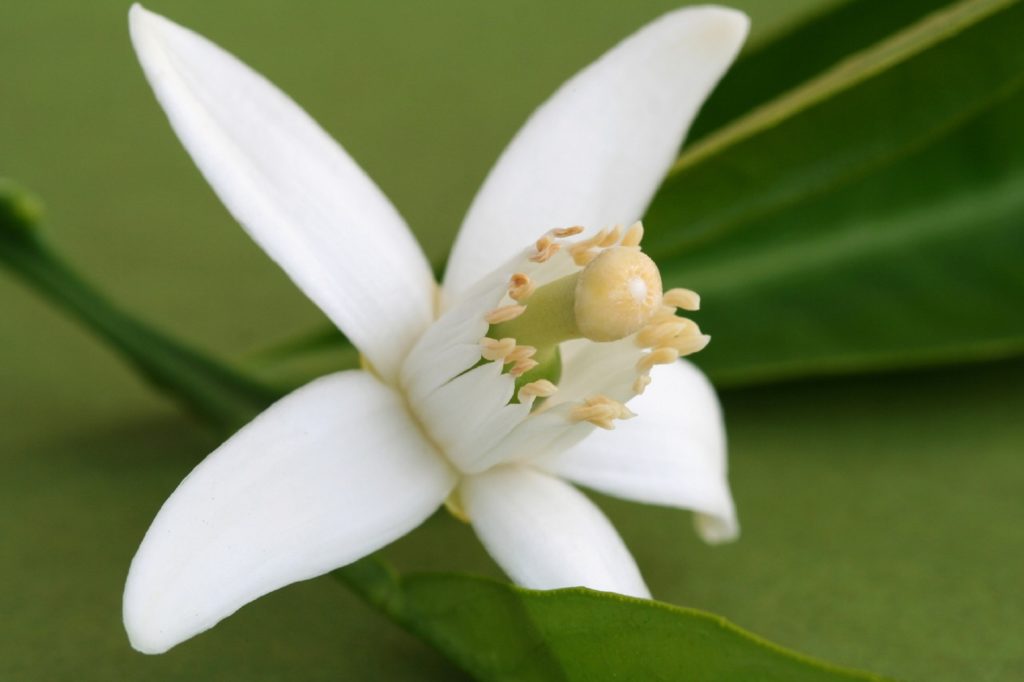
Partnership established in 1999
Products
Orange blossom, Rosemary, Myrtle
Social actions:
Environmental actions:
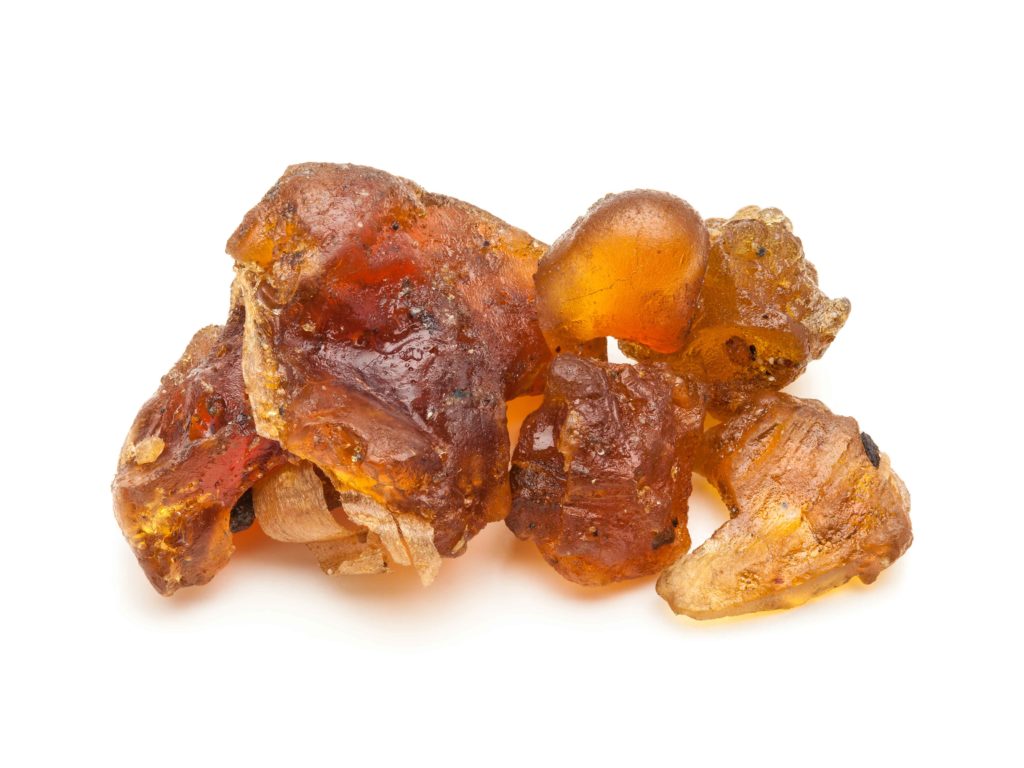
Incense, Myrrh
Incense
Robertet works mainly with 2 incense suppliers
Social action:
Harvesting provides an additional source of income for local communities.
Pre-harvest positioning on quantities, Robertet commits to buying at the right price.
Social actions:
Environmental actions :
Myrrh
Long-term historical partnership with a local supplier
Social actions:
Social actions :
Environmental actions:
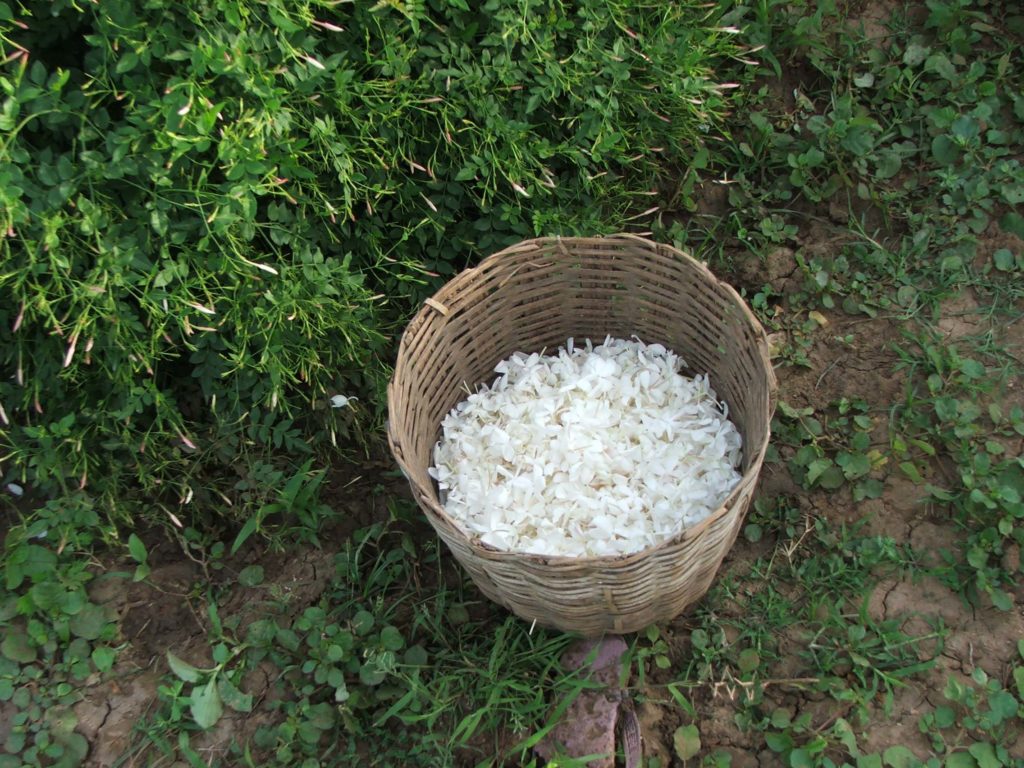
Partnership established in 2010
Products
Grandiflorum Jasmine
Social actions :
– Purchase commitment on harvests.
Social actions:
– Joint R&D to optimize yields and develop new crops and extraction processes.
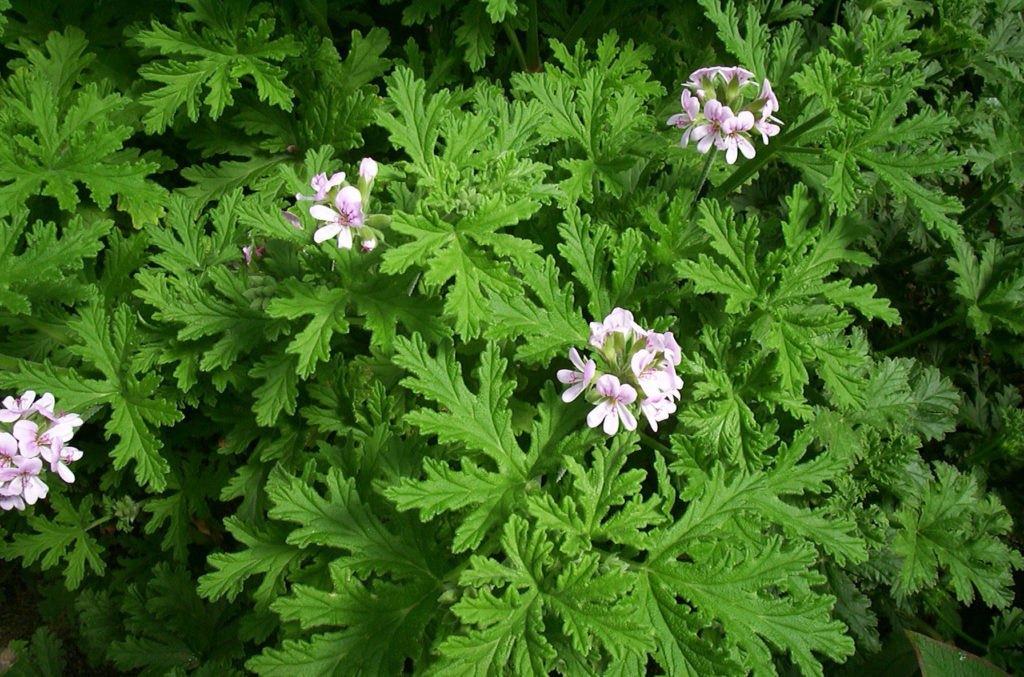
Vanilla, Geranium Bourbon
Vanilla
Robertet works with Bourbon Natural Sourcing (BNS) and two local partners.
Social actions
Social actions
NGOS & SOCIAL PROJECTS
Environmental actions
Annual inspection and mapping of plots. Traceability to the field.
Geranium Bourbon
Established in 1997
Sustainable development actions:
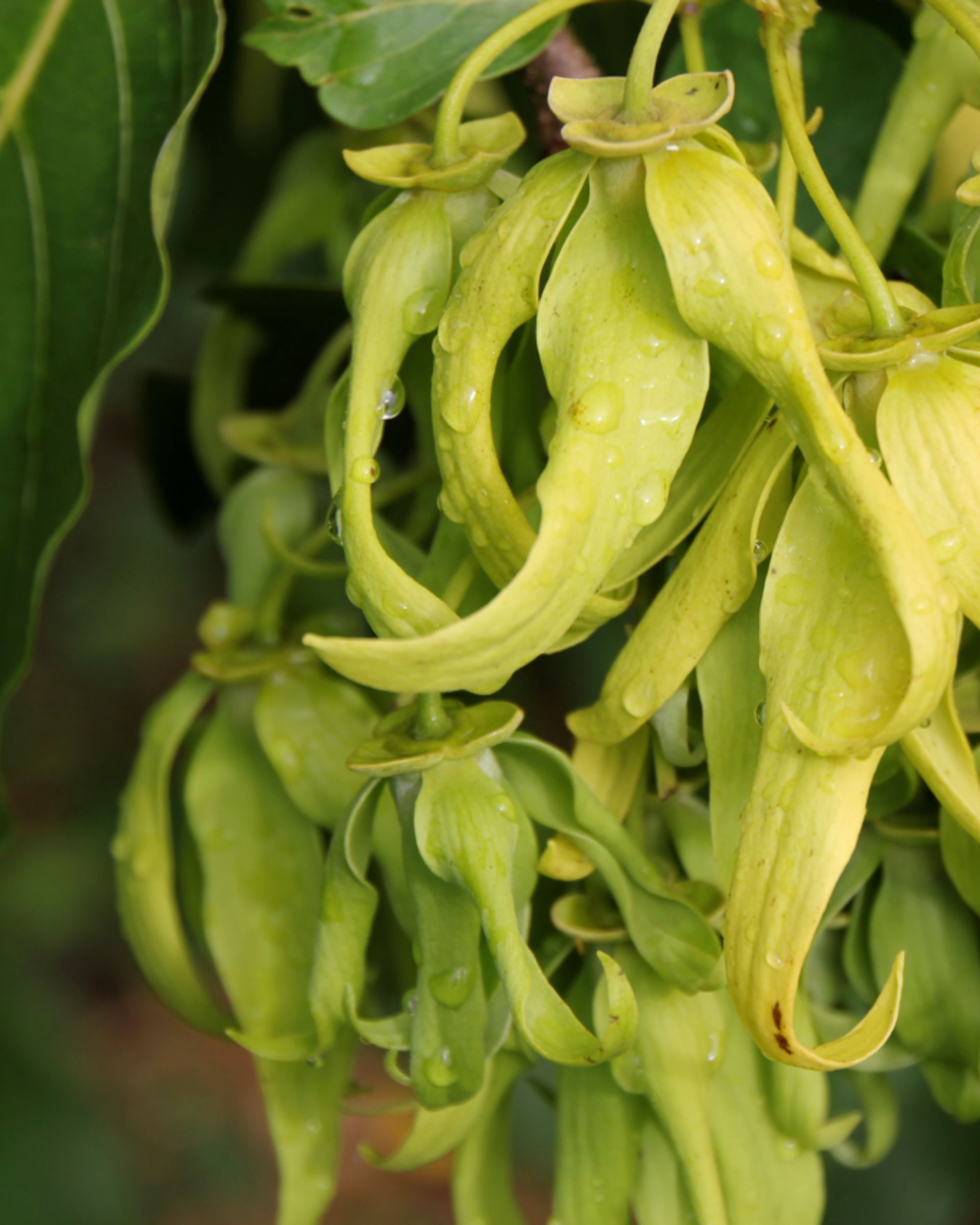
Established in 2009 – Employees: over 60 people
Robertet has established a new sourcing channel for essential oils from Ylang-Ylang, coming from an agricultural entity: Fragrant Garden (a joint venture between Robertet and a Malagasy family).
Products: Ylang-Ylang and patchouli, peppers, cloves
Sustainable development actions: (Preservation of natural resources, technology training, social development)
Preservation of raw materials: 10,000 Ylang plants are planted each year to become self-sufficient.
Forest management: between 20,000 and 40,000 eucalyptus trees are planted each year to ensure our independence in wood consumption. Water management: investment in recovering and recycling distilled water. Rainwater harvesting system. Optimization of the distillation process with stainless steel equipment to minimize our impact on the environment while improving the quality of Ylang essential oils.
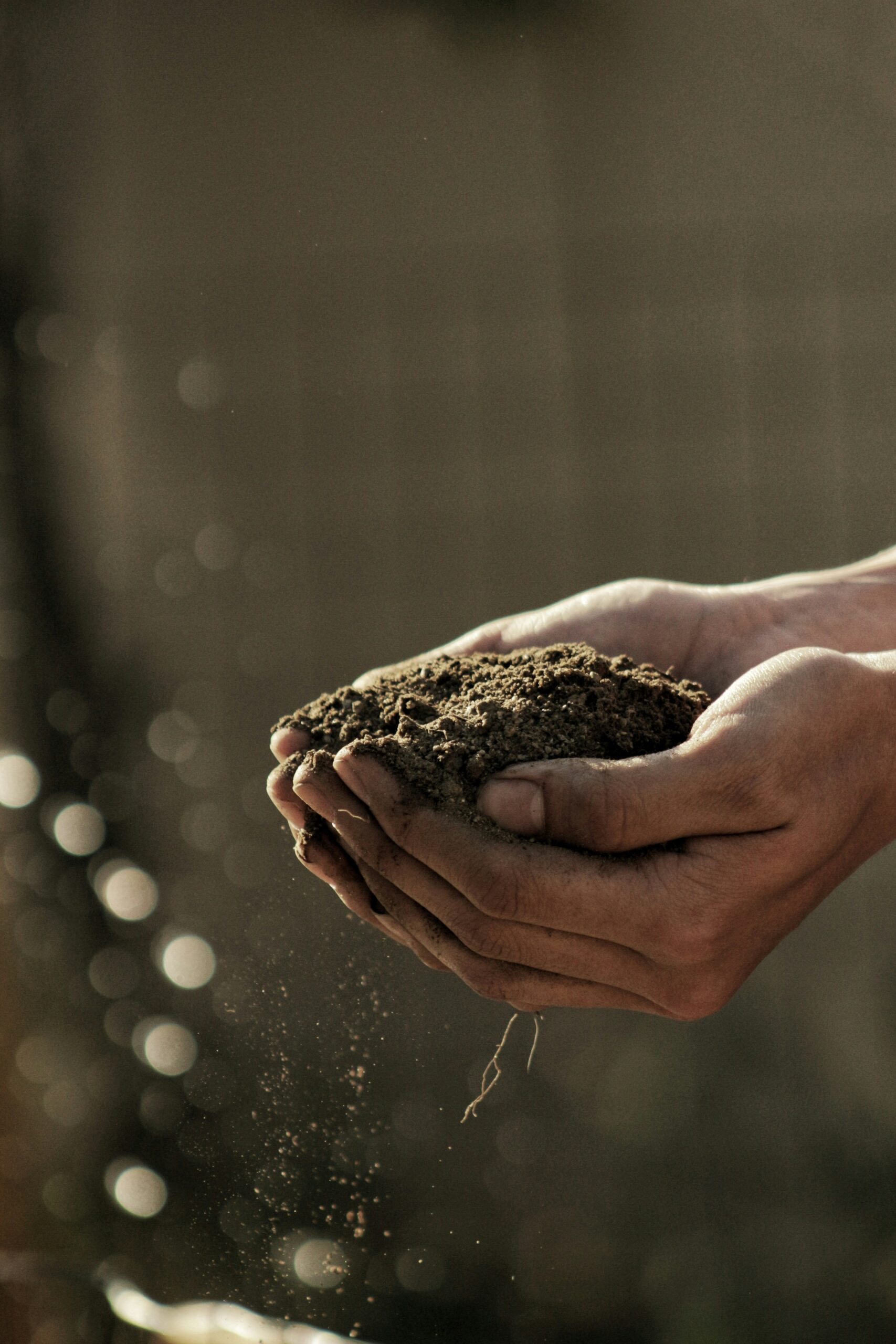
Established in 1997 – Employees: 10
Products:
Buchu concrete, Tagete minuta, Marigold, Jambu (Spilanthes Acmella), Jasmin grandiflorum, Orange leaf (shoot), Natural Benzaldehyde (from prunus spp kernels), organic products
Sustainable development actions:
Spilanthes cultivation is entrusted to local farmers. In turn, Robertet provides pre-financing and guarantees income for the 30 people who depend on this activity.
In accordance with government requirements, the land where the Spilanthes were grown has been reallocated to local farmers. This reallocation is supported by technical assistance and training programs provided by farmers from neighboring regions.

Partnership Agreement
Jasmin Grandiflorum, Sambac, Sepale
Exclusive production under the agreement with the co-producer:
Fenugreek
Developed partnership with the Phaladaayi Foundation in India.
Lemongrass & Palmarosa.
Through concrete actions, this partnership aligns with the commitment to environmental preservation and supporting local farmers. Support ranges from recruitment to training, and from advice to assistance in converting lands to organic agriculture.
Transparent and fair purchasing prices. All member farmers practice “social equity,” which encourages children to receive education and improves hygiene conditions in families. Today, the association includes a total of 110 people.
Cypriol
Historic partnership since 1999 with our main supplier.
Partnership with a second supplier since 2014, to meet the growing market demand.
Social Actions:
Contracts guaranteeing reliable and predictable incomes to collectors (The collection of papyrus involves more than 2500 people, including local communities).
Environmental Actions:
Organization of harvesting in various wetlands through the establishment of a collection plan and setting up a field team if necessary. This collection plan is supervised by the Indian Government’s Forest Department. This allows the papyrus to regenerate naturally and ensures sustainable collection of papyrus in the region.
Traceability throughout the production chain: from the collection area to the final product.
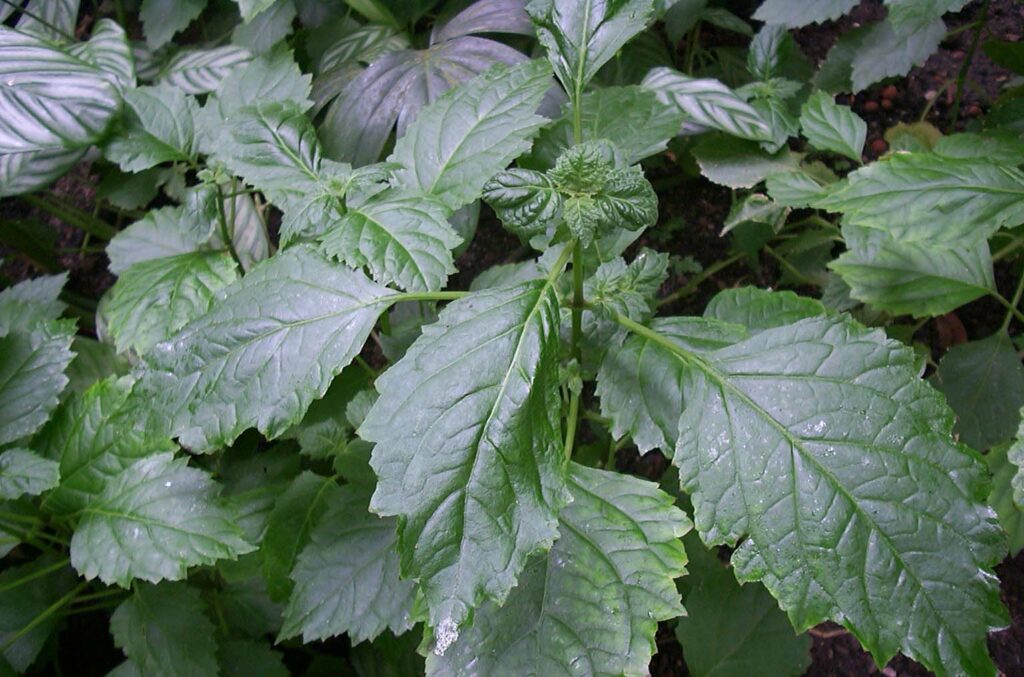
Products
Patchouli
Robertet sources from four suppliers:
– An in-house channel since 2019
– A preferred partner since 2016
– Two historical suppliers since 1995 and 2008
**In-House Channels**
**Social Actions**
– Revives the patchouli economy, which had disappeared in the region
– Provides income for farmers and adds value to their land
– Robertet commits to purchasing the entire volume produced
**Societal Actions**
– Establishes a cooperative bringing together farmers
**Environmental Actions**
– 30 hectares are already in production, with more plantations being developed.
– Good management of the plantations, ensuring the sustainability of the supply chain and traceability from the raw material to the fields.
– Provides producers with a communal distillery to process Patchouli under optimal conditions. Installation of gas burners to replace wood as fuel.
– Adherence to Good Agricultural Practices
**Partnership and Historical Suppliers**
**Social Actions**
– Patchouli cultivation is the main source of income for growers and their families (accounting for over 30% of their income)
– Through its partners, Robertet’s Patchouli supply chain involves more than 3,000 small farmers, as well as 200 collectors and 300 factory workers.
**Environmental Actions**
– Training in good agricultural practices
– Awareness of natural compost production, courses on identifying major diseases that can affect Patchouli
– Establishment of a nursery
– Commitment to improving the processes of drying and distillation.
– No use of chemical fertilizers or pesticides: Uses natural fertilizers such as manure or compost from already distilled patchouli leaves.
– Smart organization of cropping systems: resting areas and development of intercropping cover crops
– Utilizes spent raw material after distillation as fuel for the boiler or as compost.
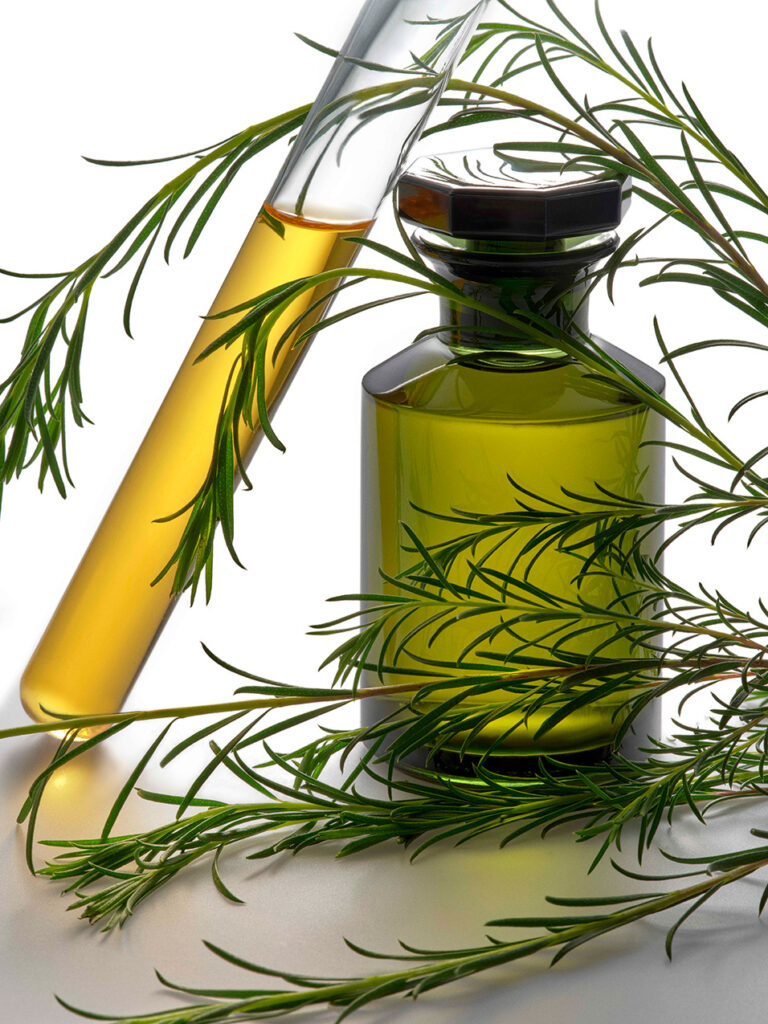
Tea Tree
**Environmental Actions:**
– **Waste Valorization**: Residues from the extraction process are reused as fertilizer and incorporated as mulch.
– **Sustainable Harvesting**: The essential oil is extracted from the leaves of the tree obtained after pruning; the tree remains in place, and a new crop is cultivated from the same tree over the next 9 to 12 months.
– **Wildlife and Flora Protection**: Part of a comprehensive environmental plan that protects some of Australia’s rarest wildlife and plant species, fostering biodiversity.
– **Water Management**: Efficient use of water through dams and a high-quality irrigation system. All water used in the distillation process is recycled.
– **Manufacturing Standards**: The distillation plant was built according to Good Manufacturing Practice (GMP) standards.
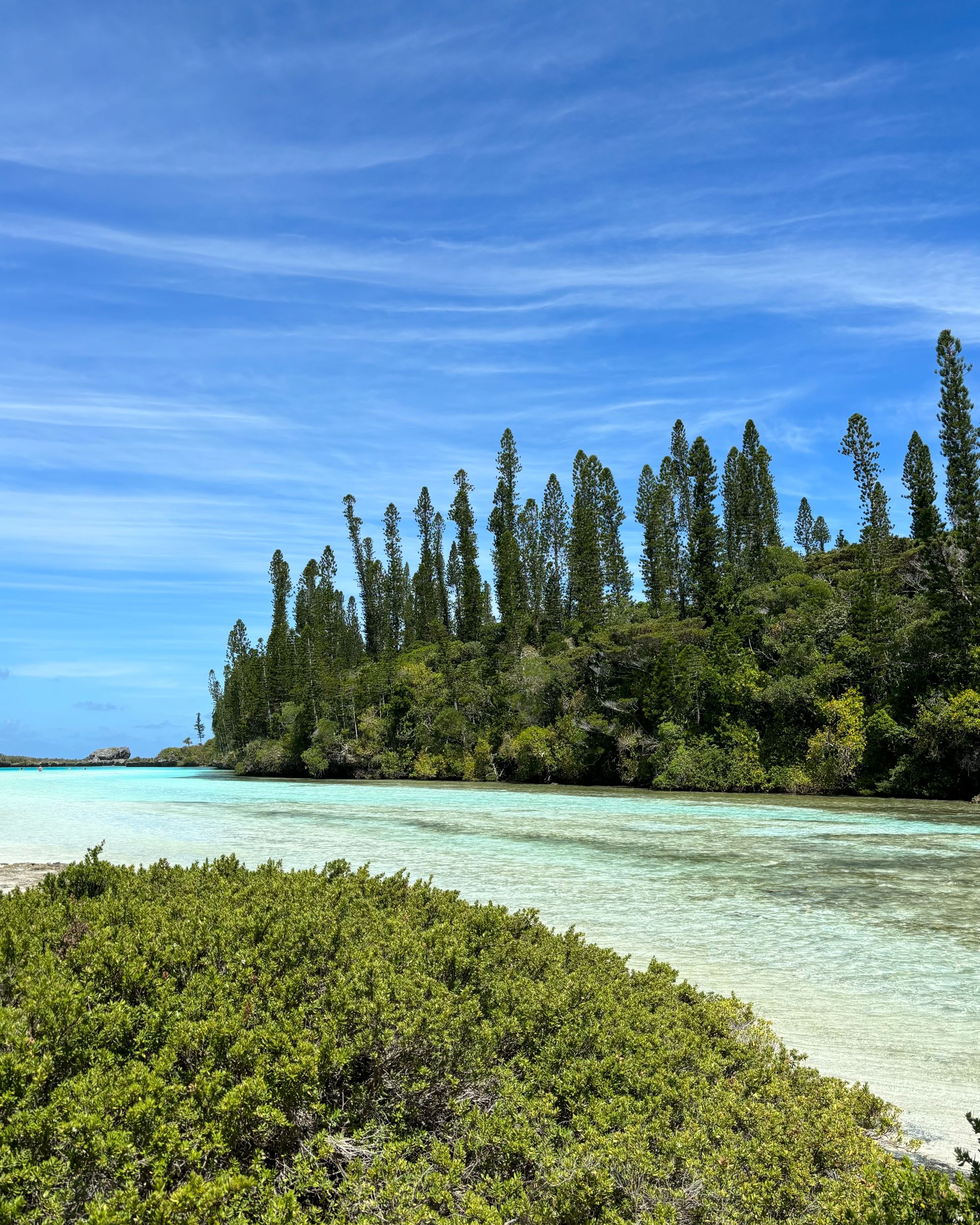
Partnership Established in 2009 – Employees: 20
Products:
Sandalwood
**Social Actions:**
– Significant economic impact, both direct and indirect, on the income of the local population.
**Environmental Actions:**
– FSC (Forest Stewardship Council) certification in progress.
– Organic certification
– No use of pesticides or chemical fertilizers
– Implementation of an intensive reforestation program that does not alter the local ecosystem. A nursery has been developed.
– Installation of water storage bags that collect rainwater. No groundwater extraction.
– Distillation and extraction unit using 100% recycled solvents.
– Rigorous and scientific selection of wood to optimize the benefits that can be provided by the forest.
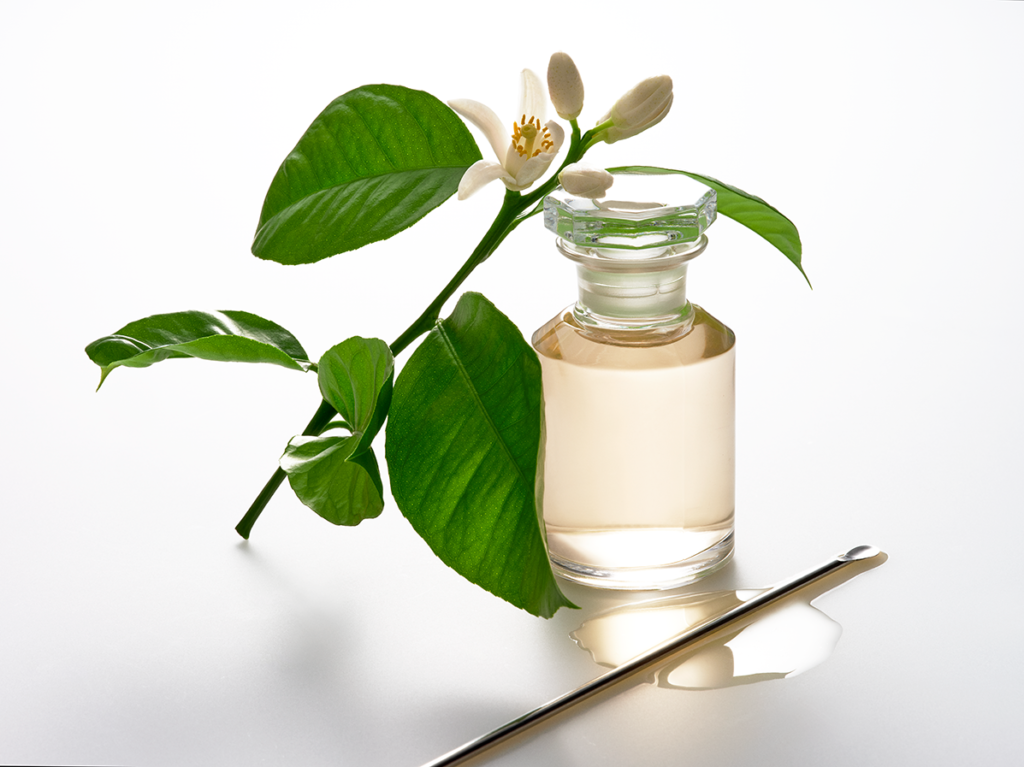
**Petit Grain**
**Historic Partnership:**
Since the early 2000s.
**Social Actions:**
– The harvesting of petitgrain involves 15,000 small producers, 250 collectors, and 65 workers. The labor force for leaf harvesting is exclusively family-based.
– This activity also encourages agricultural cooperation among neighboring producers.
– Petit grain supports 50,000 to 60,000 people, providing them with a regular income.
**Environmental Actions:**
– Producers engage in environmentally friendly agriculture that does not use chemical inputs, pesticides, or irrigation.
**Guaiac (Gaïac)**
**Historic Partnerships:**
With two partners since the early 2000s.
**Social Actions:**
– The guaiac essential oil supply chain involves more than 200 to 250 families. Additionally, families working in the guaiac wood industry represent a larger number.
**Environmental Actions:**
– A controlled and traceable supply chain. Guaiac wood comes from supply chains compliant with laws concerning the protection and use of forest resources in Paraguay.
– Two entities, MADES (Ministerio del Ambiente y Desarrollo Sostenible) and INFONA (Instituto Forestal Nacional), are responsible for the proper management of forest resources in Paraguay.
– Operations are conducted according to annual permits.
– Oversight ensures proper forest management and compliance with wood exploitation operations.
– Monitoring of collection areas and quantities harvested ensures traceability back to the collection zone.
– Forest operations are conducted under a selective cutting principle and silvicultural treatments that promote the regeneration of the forest population.
– All species of Guaiacum are listed in CITES (Convention on International Trade in Endangered Species of Wild Fauna and Flora). This international governmental agreement, signed in 1973, ensures that the international trade of species listed in its appendices, as well as the parts and products derived from them, does not harm biodiversity conservation and is based on sustainable use of wild species.
– The CITES management authority sets quotas and issues export permits for guaiac wood and oil, controlling the exploitation of this resource.
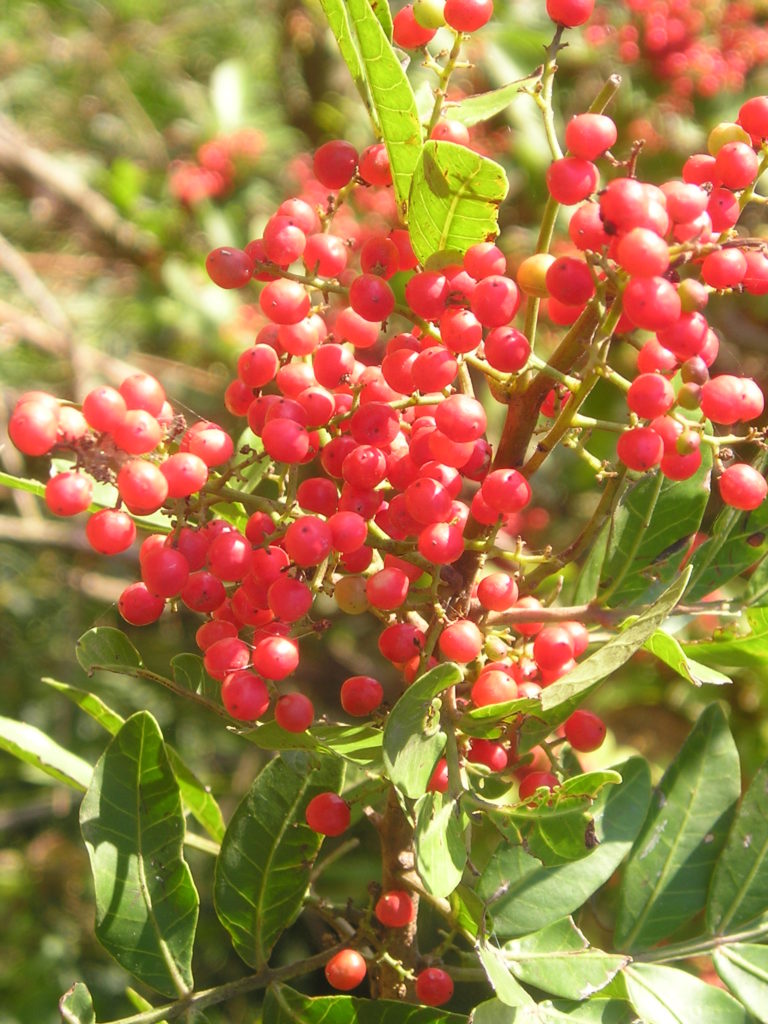
Partnership Established in 1997
Products:
Schinus Molle
**Exclusive Partnership:**
Developed with a Bolivian university to finance the distillation of Schinus Molle berries.
**Societal Actions:**
– Financing of distillation equipment for Schinus Molle berries.
– Profits used to support research programs on local diseases.
– Conducting research on other plant species on behalf of the Group.
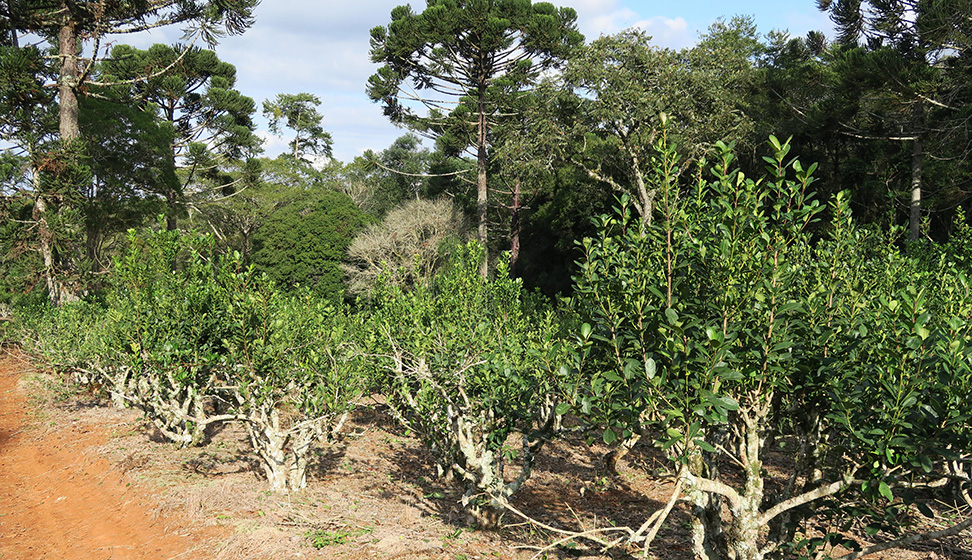
Historical Partnership, Both Producer and Processor
Family Business: Fazenda
**Social Actions:**
– Yerba mate has significant economic and social importance across the sub-region, providing income and numerous jobs.
**Societal Actions:**
– Provision of several houses with all amenities (water, electricity, gardens for vegetable growing and small livestock) for employees.
– Implementation of a minibus service, which also provides transportation for employees from the city.
– Availability of a soccer field for employee use.
**Environmental Actions:**
– Replanting of eucalyptus used as firewood.
– No use of fungicides or insecticides.
– Implementation of Good Agricultural Practices.
– Agronomic research projects.
– Seed improvement (varietal selection) for the production of cuttings (enhancement of plants and their yields).
– Araucaria replanting project (beneficial for the maté crop).
– Long-term investment in a drying unit to increase productivity.
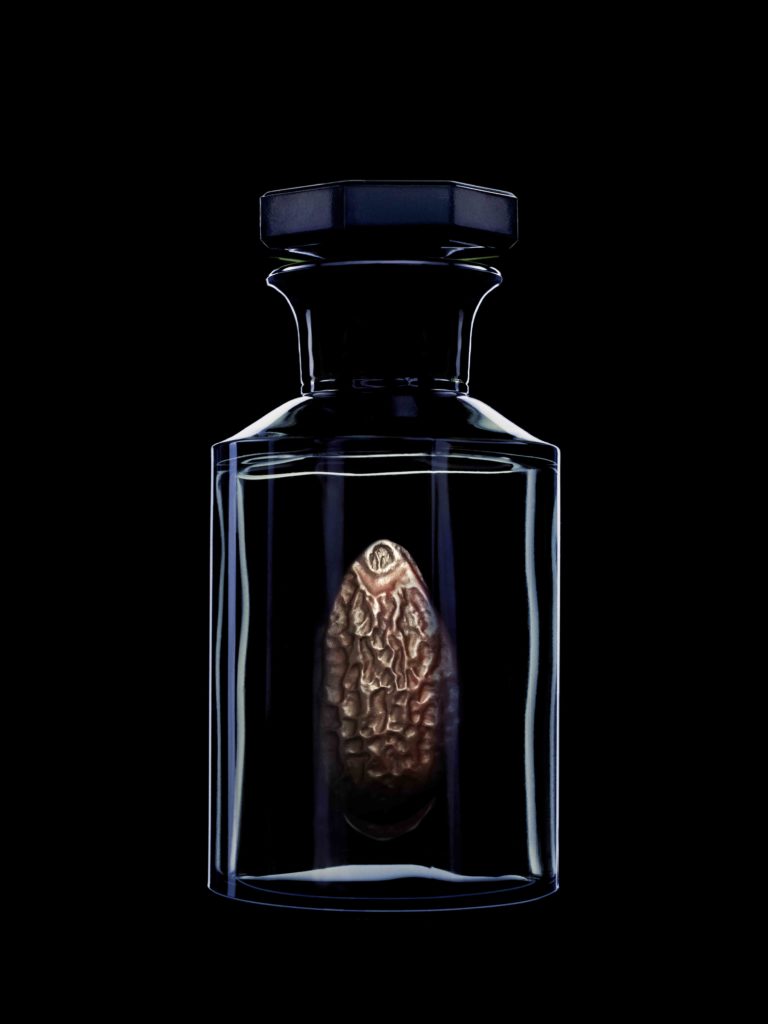
Partnership Established in 2004
Products:
Tonka Bean
**Social Actions:**
– Pre-financing of tonka bean crops at a fair price, supporting 2,000 to 3,000 families.
– Our partner accepts any quantity from small collectors as it is a major economic activity and a source of income in these remote regions.
**Societal Actions:**
– Technical support: 17 trucks and 8 boat engines (people use canoes in the Amazon) have been provided, and two operational units have been built for post-harvest handling and storage of beans in the collection area.
– Organization of social actions to improve the living conditions of the locals. One to two times a year, a medical campaign allows teams of doctors to visit indigenous families living in remote areas and provide medical assistance. In 2019, 20 tons of rice were also distributed to aid the poorest communities.
**Environmental Actions:**
– Raising awareness about best practices for forest conservation.
– Traceability to the collection area.
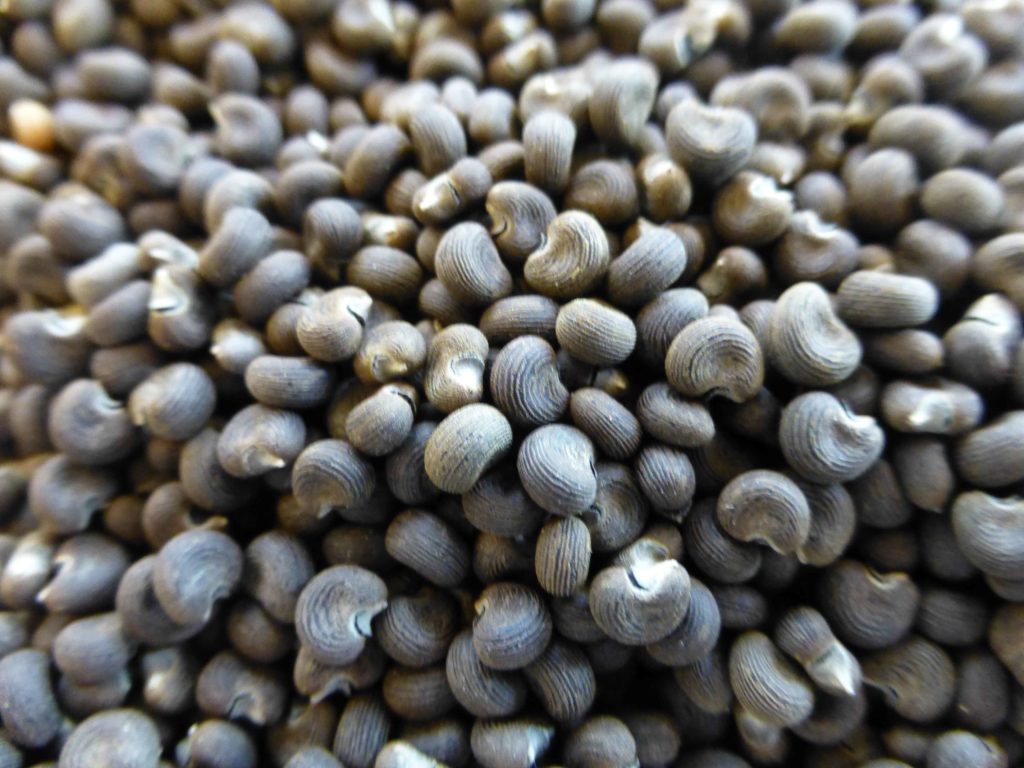
Partnership Established in 2015
Products:
Ambrette
**Auditing and Standards:**
The supply chain has been audited according to the SMETA 4-pillar framework, ensuring compliance with labor conditions, health and safety standards, environmental regulations, and ethical practices.
**Societal Actions:**
– Pre-financing of ambrette seed crops at a fair price to secure production.
– Support for small producers in diversifying and augmenting their income, facilitating the spread of harvest times and the scheduling of processing activities.
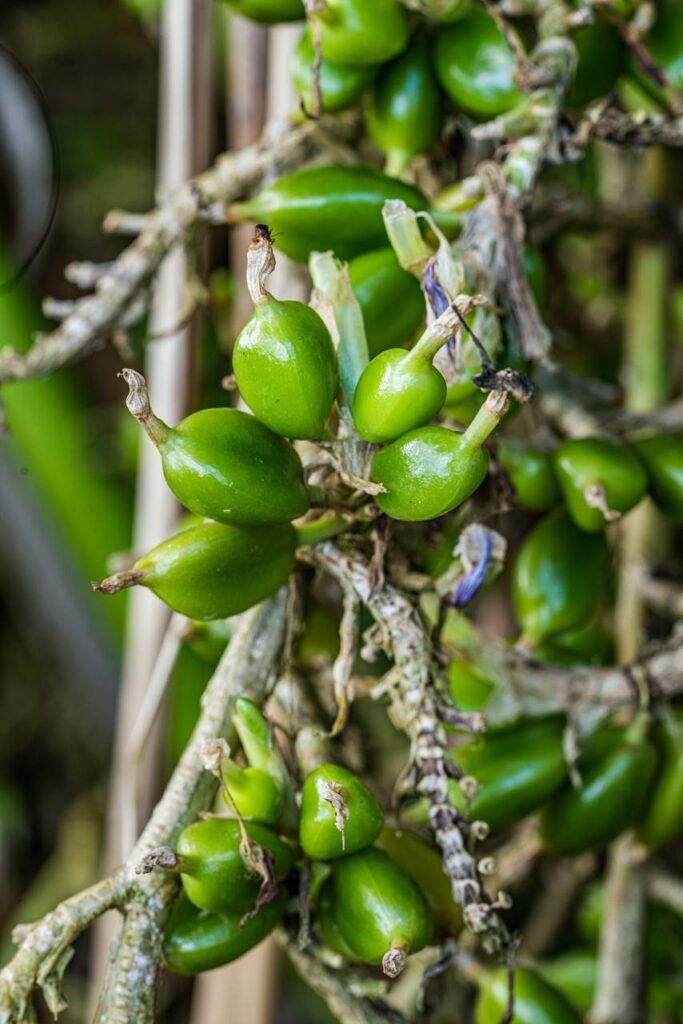
Partnership Established: Historical
Products: Cardamom
Overview: This historical partnership focuses on the cultivation, processing, and distribution of cardamom, leveraging long-term relationships to ensure sustainable practices and support for local communities.
Key Actions and Commitments:
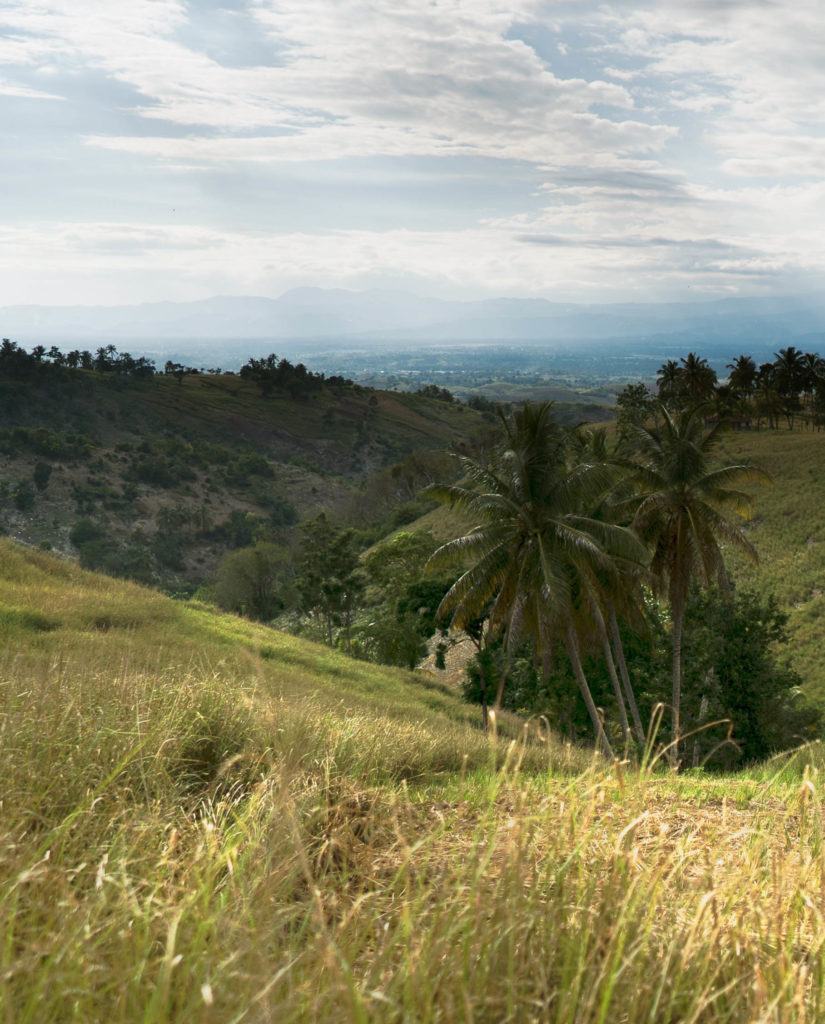
Products
Vetiver
First historic partnership since 1996 and second partnership since 2005.
Social Actions:
Main source of income for households. Ensures a competitive income for producers and a premium is paid to them for the purchase of certified vetiver
Purchase of about 25% of the vetiver produced in Haiti
The sector involves 30,000 to 40,000 people
Societal Actions:
Financial assistance and participation in the reconstruction following the passage of the last cyclone.
Construction of an infirmary within the factory
Construction of a refectory for all staff and accessible to all.
Opening of a bank within the factory to trace money transfers.
Provision of water for the inhabitants of the city
Installation of a fire hydrant for city firefighters
Creation of a development fund in 2014 to:
The construction of the YMCA community centre in 2016 including sports activities, homework and reading aids for children, literacy classes for adults.
Purchase of school supplies
Drilling a well in 2018
Participation in mobile clinical fees in 2018
Construction of a drinking water kiosk in 2020
Environmental actions:
Implementation of a tracking system (producer, collector, plant) to ensure the traceability of the vetiver from the plots.
Certification «Fair for life» for part of the sector, delivered by Ecocert to ensure the total traceability of the vetiver.
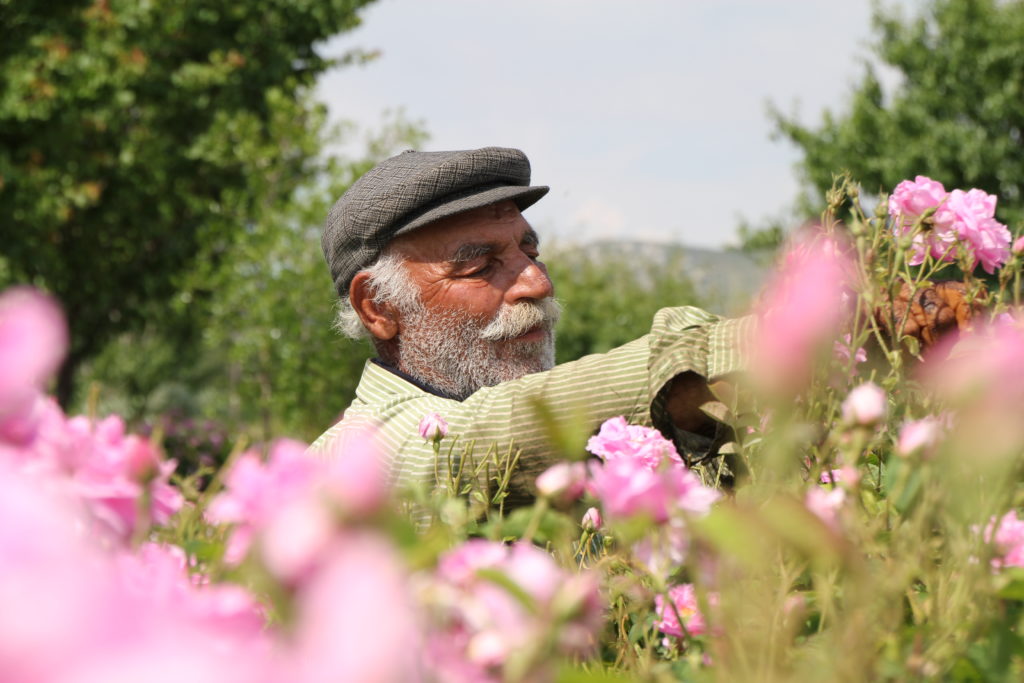
Established in 1950
Products
Rose, Iris cultivation and processing, Cedar, Oak, Tree mosses, Fenugreek, Green pepper, Juniper berries, Mate, Olibanum, Rosemary, Cucumber and others
Social actions
Pre-funding for rose cultivation involving 20,000 families
Societal Actions
Financing of wastewater pipes for the city.
Improved plant utilization rate to ensure employee income (Rosemary, Juniper Berries, …)
Robertet goes beyond local health and safety regulations by upgrading the minimum standards required.
Environmental actions
Information and training campaigns on the dangers and use of pesticides.
Plant waste is also generally transformed into compost and used in nearby agricultural fields.
Robertet has invested in cooling towers and is working to keep the site closed.
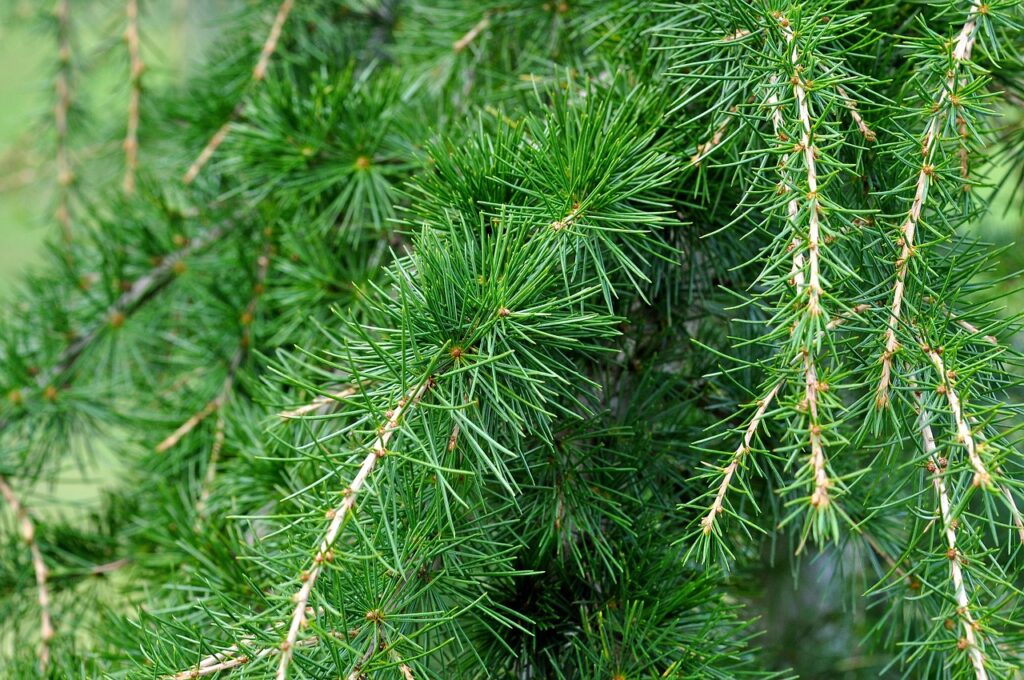
Cedar
Historic partnership since 2010
Social Actions:
The distillation plant associated with logging is a reliable source of income for families in the region
Annual contract purchase
Environmental actions:
Virginia cedar currently grows twice as fast as it is harvested, combined with its natural mortality.
Valorization of scrap from furniture industries and sawmill by-products
Natural molecules
Established in 1999
Partnership with a company producing natural molecules through the use of biotechnology.
This facility is the most sophisticated and important facility for the production of natural molecules in biotechnology worldwide.
